Finances
Credit Card red flags to avoid
Learn the common red flags associated with credit cards so you can make informed decisions and protect yourself from any potential fraud or misuse.
Advertisement
Here are some important things you need to know about credit cards to avoid losing money.

When looking for the right credit card for you, you have to keep both eyes open for credit card red flags.
Having poor credit or being completely new to credit cards can make things difficult. Your lack of experience or difficult financial situation can cloud your judgment and force you into an unfavorable position.
There are a number of cards out there portray to help individuals with limited choices. However, some of them can be much more costly and perilous to your finances than others.
This includes a number of unsecured cards for people with bad credit. These types of cards are often referred to as “subprime specialist issuer”.
While it is true they might be easier to qualify for, they typically come with unnecessary fees and extremely high rates.
This makes them too expensive to carry, and you do not want that. So, in this article, we are going to help you have the right card in your wallet and steer clear of the predatory ones.
Here are some important credit card red flags to avoid.
High interest rates
This is especially important to avoid if you are used to carrying a balance month to month. Ideally, you do not want to carry a balance ever. It damages your credit score and costs you money to do so.
However, financial hardship is something virtually everyone is subject to one time or another, and it may be necessary for you to carry a balance.
The rate you will have to pay will depend on your creditworthiness, which is an indication of how much risk the credit card issuer is subject to by extending credit to you.
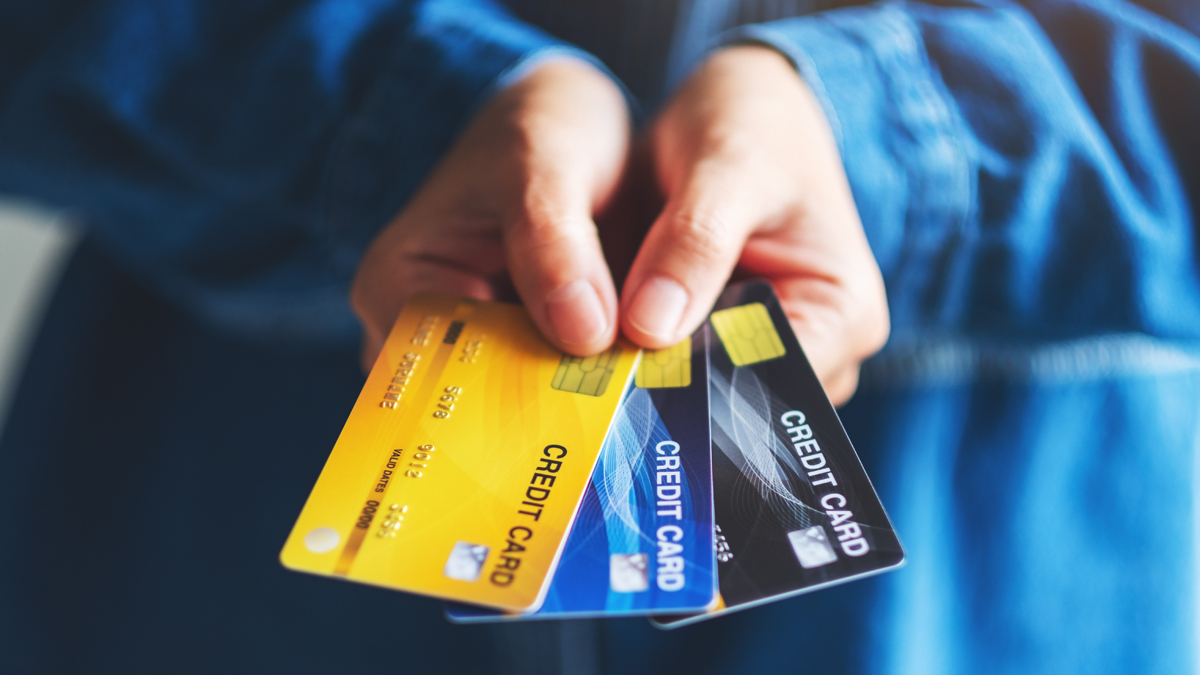
How many credit cards should you own?
Find out the pros and cons of owning multiple credit cards. Are there any downsides to having a ton of plastic in your wallet? We break it down for you here.
As a general guideline, assume that the lower your credit score is, the higher the APR you will have to pay will be.
A recent research by the FED has shown that the average annual percentage rate for credit cards in 2021 was 16.3%.
However, some credit cards portrayed as being good for people with bad credit can charge APRs of up to 30% sometimes. Generally speaking, cards that offer low or promotional rates usually require good credit.
But you can find good options which make carrying a balance not so costly. A good example of this are secured credit cards. They require you to make a security deposit which then acts as your credit limit.
The security deposit is refundable, and they serve the purpose of assuring the bank that you will be able to pay your balance.
Still, depending on your credit score, it may be possible for you to get a credit card from a credit union.
These cards often offer lower interest rates. Still you will have to join the credit union which may have restrictions on membership.
You will be redirected to another website
By submitting this form, I agree that I am 18+ years old and I agree to the Privacy Policy and Terms and Conditions. I also provide my signature giving express consent to receive marketing communications via automated emails, SMS or MMS text messages and other forms of communication regarding financial products such as credit card and loans. Message frequency varies and represents our good faith effort to reach you regarding your inquiry. Message and data rates may apply. Text HELP for help or text STOP to cancel. I understand that my consent to receive communications is not a condition of purchase and I may revoke my consent at any time.
Too many fees

For many people with poor or no credit history at all, and also for unbanked individuals, a credit card that charges an annual fee may be their best and only option.
It is not ideal, but a credit card with an annual fee is not necessarily what we would call a card with excessive fees.
Besides, many cards that charge an annual fee offer ongoing rewards, perks or other incentives that justify the cost.
Still, a credit card with an annual fee must stay within reasonable boundaries. A number of decent credit cards that charge an annual fee often charge below $50. This is a manageable annual fee.
An annual fee, however, is not the only cost you must watch out for. Many cards known as “fee-harvesters” are specialized in charging sneaky fees from unknowing consumers.
A few examples of such fees include application fees ,monthly maintenance or membership fees, activation ad processing fees.
These fees are especially common on some unsecured credit cards for bad credit. Still, they are often unnecessary and avoidable.
So before you decide on a credit card you want to get, make sure you read its terms and conditions to be informed on its fees.
Low credit limit
There are many starter credit cards and unsecured credit cards for people with bad credit that show up in advertisements with a credit limit range.
This means the issuer will determine your credit limit based on your creditworthiness. However, if you get a low credit limit, this could present you with a few problems.
For example, if the card charges an annual fee, it is not uncommon for it to be deducted from your credit limit. This means you will get an even lower credit limit than you thought you would be getting.

7 best loans for low income
In this article you will learn about the best loans for people with low income.
Another problem a low credit limit represents is that it can have implications for your credit utilization.
Your credit utilization ratio represents how much credit you have utilized versus how much credit you have available.
A high credit utilization (say, above 30%) can negatively impact your credit score. This makes it more difficult for you to qualify for better credit card offers.
Finally, cards that come with rewards but offer a low credit limit can only mean one thing: the rewards you will rack up will be just as low.
Not reporting or partially reporting credit activity

It is important for every cardholder that their credit card issuer reports their activity to all three major credit bureaus.
Major credit bureaus (Equifax, Experian and TransUnion) are the ones responsible for compiling credit reports to calculate your credit score.
A card that partially reports or does not report your activity at all can be a problem. For one thing, you will not be able to tell from which bureau a future card issuer or lender will be pulling your credit report.
If a card issuer pulls reports from Equifax but your card only reports to TransUnion or Experian, the card issuer may not be able to check your credit activity.
This will in turn make them more likely to not approve you for a credit card.
So make sure your current credit card provider reports to major credit bureaus, and also that you make all your payments on time to improve your credit score.
To avoid having problems with your credit score, you have to keep an eye on your credit report. We’ll tell you more about credit reports in the following post.
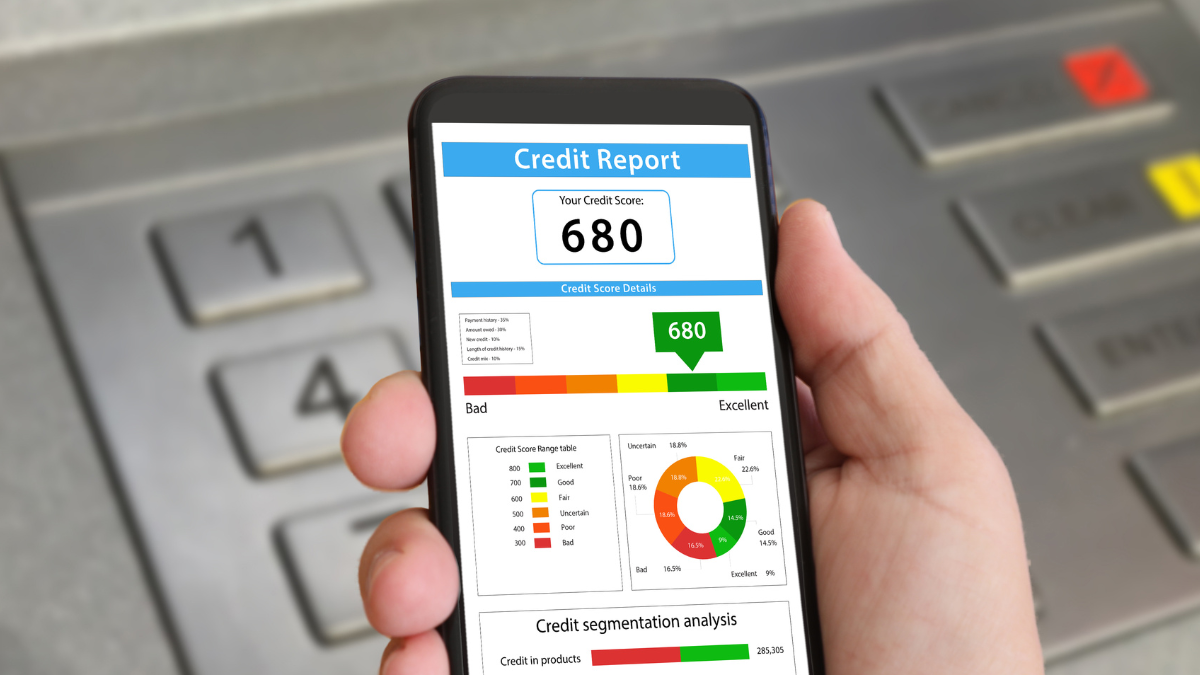
Reasons to always check your credit report
A credit report is one of the most important documents you can own. Here are a few important reasons why you should always keep it in check. Read on for more!
About the author / Danilo Pereira
Trending Topics
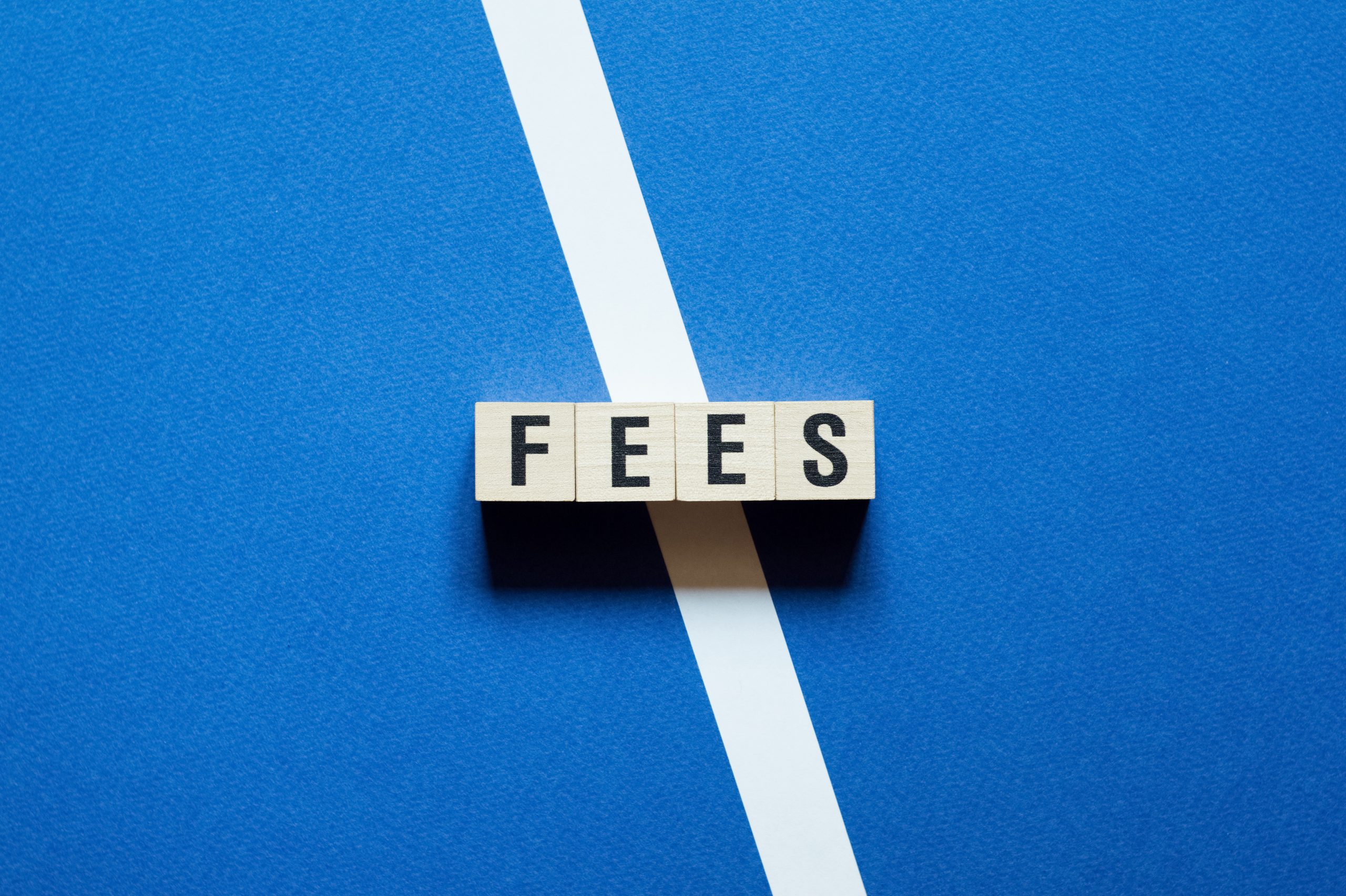
What are typical investment fees?
Trying to figure out what investment fees are? In this article we are going to give you a few important things you need to know.
Keep Reading
The best online brokerage accounts
Looking for the best online brokerage accounts to invest your money? Our list is going to give you a hand. Check it out.
Keep Reading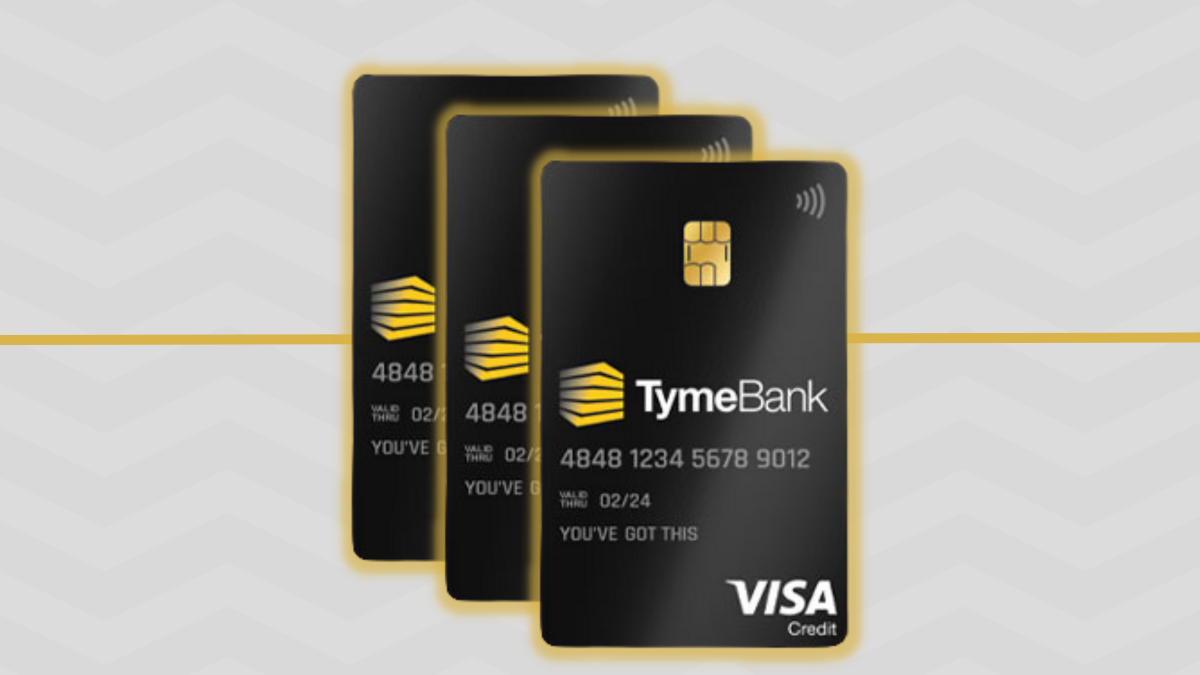
TymeBank Credit Card review
Get the lowdown on the TymeBank Credit Card. We review features, pros and cons to help you make an informed decision before signing up.
Keep ReadingYou may also like
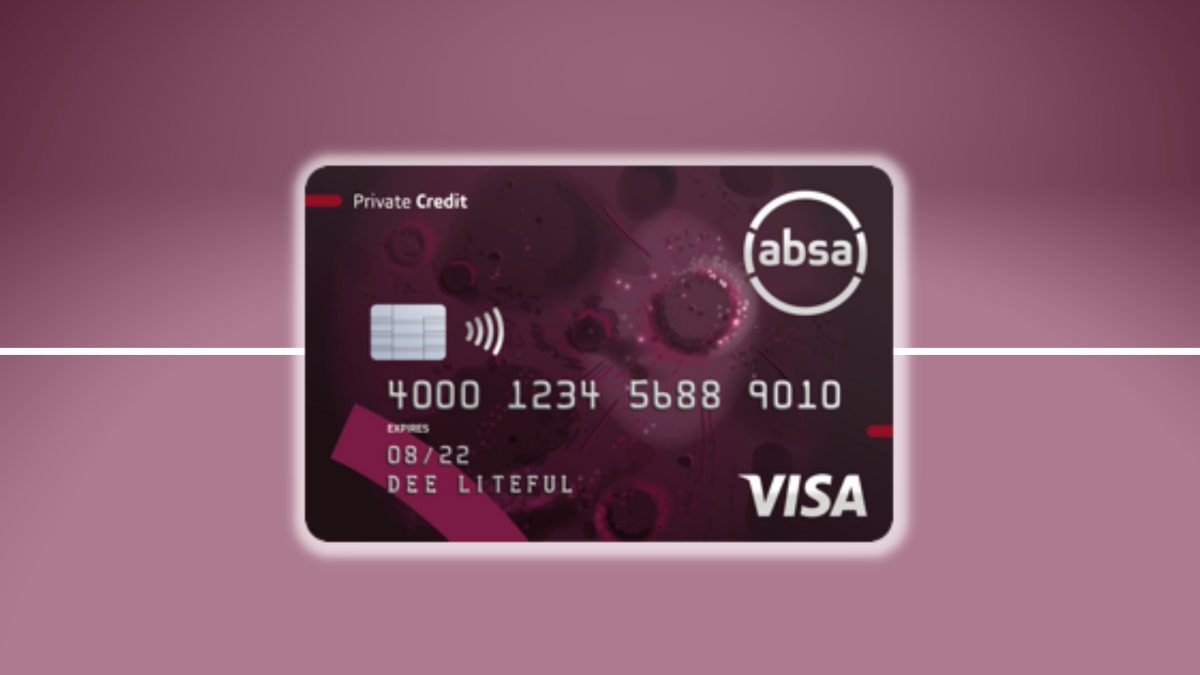
ABSA Visa Signature Card online application
Applying for the ABSA Visa Signature Card is easy! Follow these simple steps and you’ll enjoy all the benefits of this card in no time.
Keep Reading
Best student credit cards for students with no credit
We've compiled a list of the best student credit cards that won't require you to have any previous credit history. Find out more here!
Keep Reading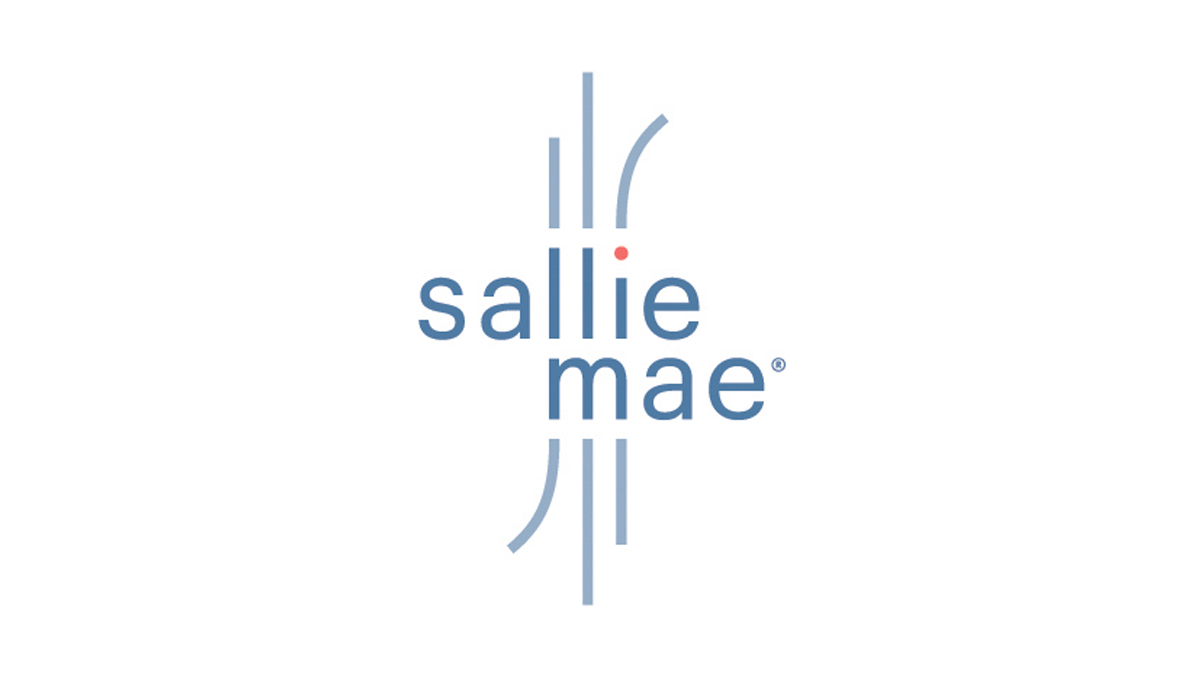
Sallie Mae Student Loan review
Check our Sallie Mae Student Loan review and learn more about its interest rates, repayment options, terms and more.
Keep Reading